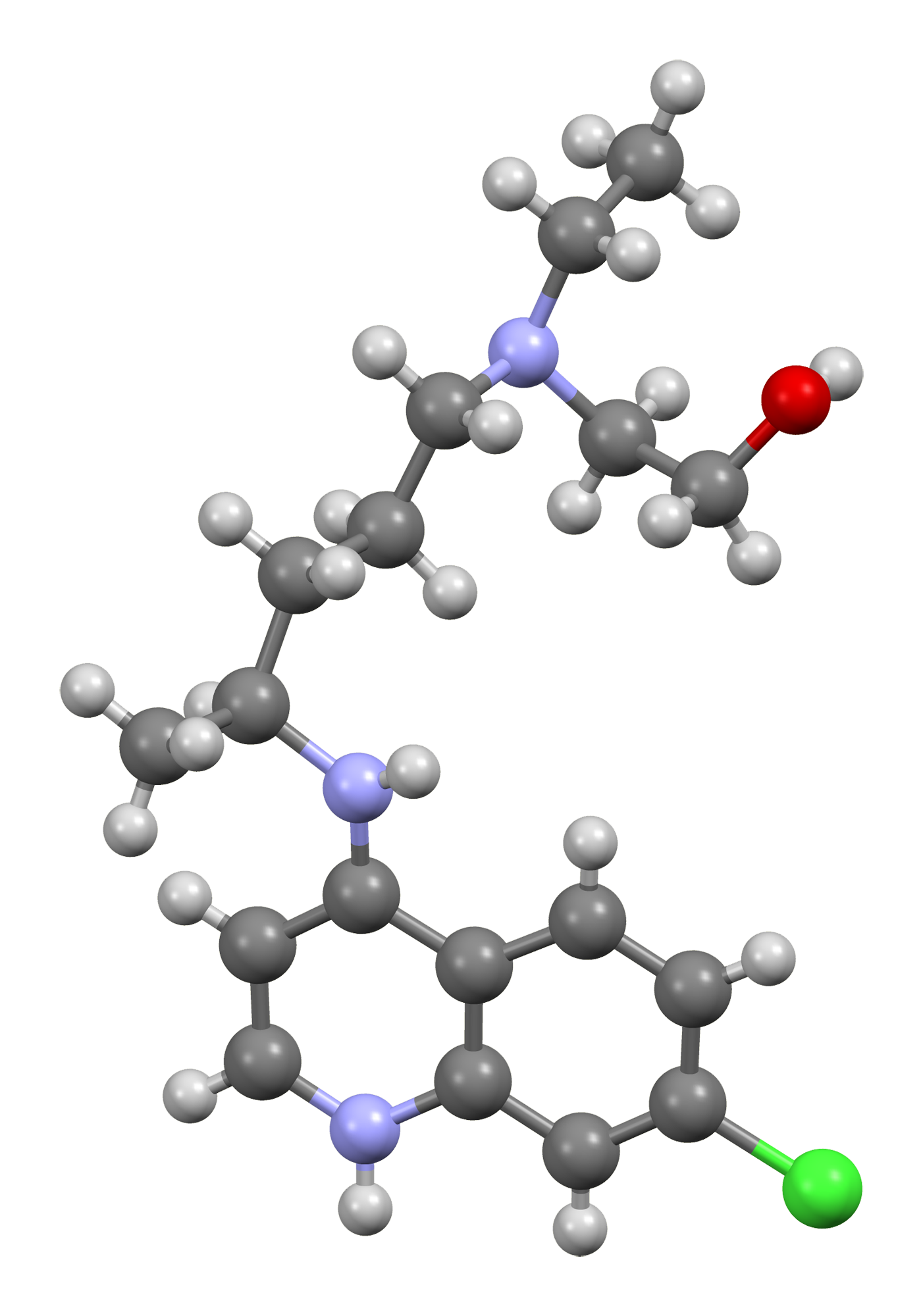In past few months we’ve been
hearing this word over and over again – Hydroxychloroquine. The malaria drug
being called a potential corona virus by some and a potentially harmful
solution by other, with the World Health Organization (WHO) halting it trials
at the end of May 2020 so what exactly is hydroxychloroquine and will it help
the fight against COVID-19?
What is Hydroxychloroquine?
Hydroxychloroquine is a
prescription drug and a chemical compound modeled after ‘quinine’ – a once
popular natural anti- malaria drug made from tree bark. As the ideal model for
synthetic malaria drugs in the early 1900’s, quinine paved the way to
chloroquinine used around the World War – II but there was a slight issue,
chloroquine had too many side effects to be widely used including retinal
damage and hearing issues so in the year 1955 a less risky version was made.
Hydroxychloroquine made from this mix of atoms - the only difference is the
addition of a hydroxyl group. According to Dr. Neil Schluger, Chief of Division of Pulmonary, Allergy
and Critical Care Medicine, Columbia University, it is the simple addition of
oxygen bound to a hydrogen that makes
the drug less risky. He stated – those chemical changes are often made either
to improve the drug activity or to decrease its toxicity. Despite the side
effects chloroquine is still used. In fact both hydroxychloroquine and
chloroquine are considered versatile drugs – a valuable trade in pharmaceutical
industry which might explain why people thought the drug originally designed
for malaria could be a treatment of COVID-19. There are actually two main
reasons behind this theory has become so popular, at one, hydroxychloroquine
works by limiting the body’s immune response and stops it from going into
overdrive in the first place. The drug has been proven to be effective in
autoimmune diseases such as lupus and rheumatoid arthritis, diseases that
causes the immune system to inadvertently attack and damage the body and
although it hasn’t been proven. Experts say the drug may have some role to play
in stopping COVID-19 cases from becoming severe, to hydroxychloroquine and
chloroquine have shown effectiveness against viral infections in fact multiple
studies have noted hydroxychloroquine’s ability to mother and reduce HIV
replication and notably researchers have found chloroquine can actually
suppress corona viruses in cell cultures inhibiting and limiting replication of
the human corona virus SARS – 1 which emerged in 2002. Scientists believe this
comes down to the anti binding ability of chloroquine specifically its effect on the binding
capabilities of ACE2 receptor on human cells, the entry point for not just SARS
virus but also the COVID-19 virus. All of these pushed scientists to study the
effects hydroxychloroquine and chloroquine have on SARS & COVID and they
were somewhat correct. Lab based studies found that both have abilities to
fight the COVID-19 corona virus, triggering the FDA to approve emergency use of
these two drugs on COVID-19 patients and many others to propose them as a
preventive medication but and this is a major one how a drug works against a virus
in a lab is not the same as inside a human being.
 |
| Hydroxychroloquine |
Image Credit - Wikipedia
“Things could be inactivated by a
variety of systems in the human body, they could be turnout to be too toxic,
they could be turn out not to be able to achieve a high enough level in the
blood to be active in human being so the whole hosts of reason why lots of
things that works in test tube don’t work in human beings.” –
Statement by Dr.
Neil Schluger.
Crucially studies in lab don’t experience side effects
but human do, for hyroxychloroquine side effects can range from headaches, hair
loss and nausea to something a lot more dangerous. A large number of drugs can
affect the electrical activity in the heart in a way that could make people
susceptible to developing potentially very dangerous abnormalities of the heart
rhythm that could be fatal. Person to person these side effects vary
dramatically so it is difficult to know how the drug would individually impact
someone which is why doctor have warned against immediate widespread use and
individual use without medical advice first. Because of the FDA emergency
approval however thousands of COVID-19 patients have taken hydroxychloroquine
which has led to large observational patient studies and some not so promising
results bringing us back to Dr. Neil Schluger and his colleagues. As per him – we (Dr. Neil) saw no
association between receiving the drug and a favorable outcome or an
unfavorable outcome for that.
Dr. Neil’s study wasn’t only one to come to this
conclusion. In fact hydroxychloroquine could actually be making things worse. A
substantial study published in late May concluded that both hydroxychloroquine
and chloroquine were associated with higher mortality rate among COVID-19
patients and while a few small studies showed improvements when tested with humans.
Experts questions the reliability of those study methods. As a result World
Health Organization (WHO) halted its sizable randomized trial use of
hydroxychloroquine for COVID-19 patients. Still this probably isn’t the lass
we’ll hear of the drug. A large scale study testing the potential preventive
effect of the drug is currently ongoing in the UK and organizations and
researchers are looking into other treatments such as drug Remdesivir which has show promising potential in
early stages but those positive studies have not concluded that this is a cure
for the disease so as of late Jul 2020 there is no proven treatment for
COVID-19.
Conclusion:
Hydroxychloquine is an anti
malaria and auto immune prescription drug that has shown effectiveness against viral
infections. That versatility placed hydroxychloquine at the forefront of
testing for potential COVID-19 treatments. Studies in lab have shown the
prescription drug can have a fighting chance against COVID-19 but these results
do not necessarily mean the drug is safe or effective on COVID-19 patients.
Still, large observational studies began after the FDA allowed emergency use of
hydroxychloquine on COVID patients.
“Do
not take either Hydroxychloroquine or Chloroquine unless directed to by a
medical doctor.
Hydroxychloroquine
and Chloroquine are not the same as chloroquine aquarium products, which are
not FDA approved and not meant for use on humans.”









0 Comments